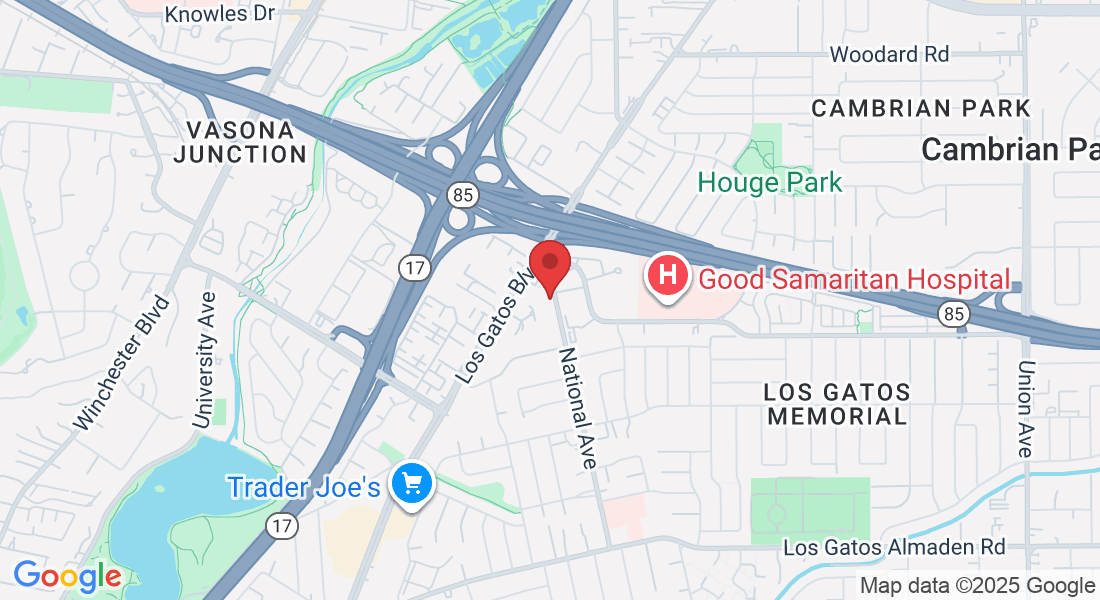Frequently Asked Questions
What is minimally invasive esophagectomy?
Minimally invasive esophagectomy is a surgical procedure used to remove part or all of the esophagus for conditions such as esophageal cancer or severe reflux disease. It is performed using small incisions and specialized instruments, resulting in less post-operative pain, faster recovery, and improved cosmetic outcomes compared to traditional open surgery.
What are the benefits of minimally invasive esophagectomy?
Minimally invasive esophagectomy offers several benefits, including smaller incisions, reduced post-operative pain, and improved cosmetic outcomes compared to open surgery. Many studies have failed to show that minimally invasive esophagectomy actually decreases length of hospital stay, unlike other minimally invasive surgeries. However, minimally invasive esophagectomy is safe and does not change the ability to do a complete cancer operation.
What is jejunostomy tube placement?
Jejunostomy tube placement is a procedure used to provide nutrition directly into the small intestine (jejunum) when a patient is unable to take food by mouth or swallow adequately. It may be performed before or during esophagectomy to ensure adequate nutrition and hydration during the recovery period.
When is jejunostomy tube placement performed in relation to esophagectomy?
Jejunostomy tube placement may be performed either before or during esophagectomy, depending on the patient's nutritional status. If the patient has lost 15 pounds or more prior to surgery, and if they are having trouble swallowing normal foods, it will be best for the patient for them to get better nutrition through the J tube before esophagectomy. Placing the jejunostomy tube before surgery allows for preoperative nutritional support, while placement during surgery ensures immediate access to nutrition postoperatively.
What is the difference between Ivor Lewis and McKeown esophagectomy?
Ivor Lewis and McKeown esophagectomy are two surgical approaches used to remove the esophagus and reconstruct the digestive tract. Ivor Lewis esophagectomy involves removing the lower portion of the esophagus and part of the stomach, followed by reconstruction using the remaining stomach. McKeown esophagectomy involves removing the entire esophagus, along with part of the upper stomach, and reconstruction using the remaining stomach.
What can I expect during the postoperative course after minimally invasive esophagectomy?
After minimally invasive esophagectomy, you can expect to spend 5-7 days or more in the hospital recovering from surgery. You will experience some discomfort or pain at the incision sites, which We will manage using a combination of nerve blocks and multiple different types of pain medication. Your healthcare team will closely monitor your progress and provide guidance on diet, activity, and wound care during your hospital stay and beyond.
What long-term changes to diet should I expect after esophagectomy?
After esophagectomy, you will need to make some adjustments to your diet to accommodate changes in your digestive tract and swallowing function. Your surgeon or a dietitian will provide specific dietary guidelines, which may include eating smaller, more frequent meals, avoiding certain foods that may cause discomfort, and chewing food thoroughly.
Will I need to take proton pump inhibitors (PPIs) long-term after esophagectomy?
Long-term use of proton pump inhibitors (PPIs) are recommended after esophagectomy to reduce the risk of acid reflux and complications such as esophagitis or stricture formation. We usually place patients on 1 type of medication to take only once a day (the lower dose). You will also need surveillance to make sure that your cancer doesn't come back.

